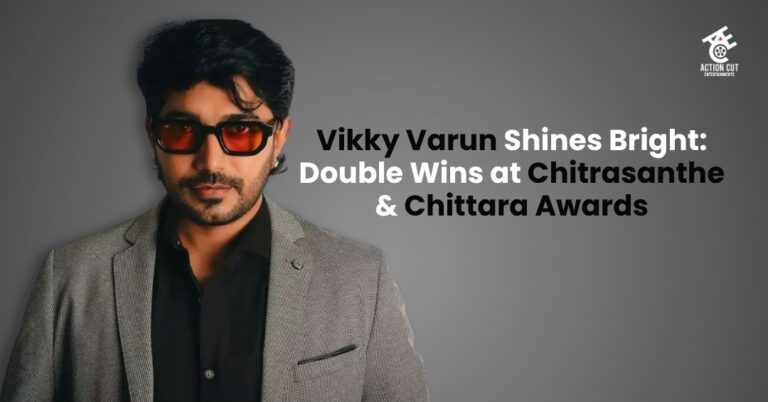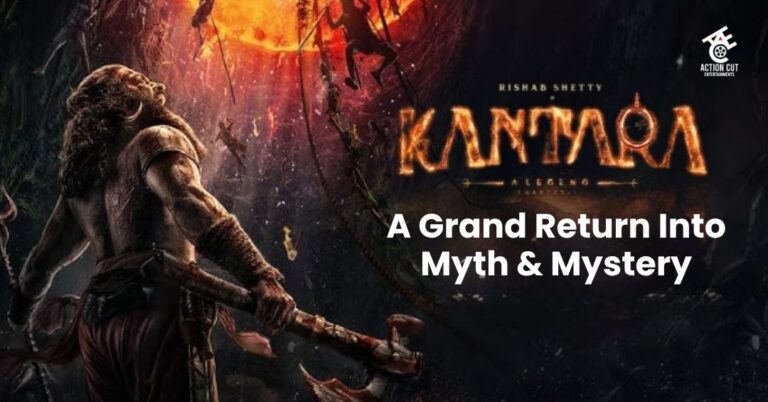The Kannada film and cultural community has been abuzz over the past week after veteran actor Kamal Haasan made remarks that many perceived as undermining the Kannada language’s distinct identity. At a promotional event for his upcoming film Thug Life, Haasan reportedly stated that Kannada originated from Tamil. This statement has since snowballed into a full-blown controversy, drawing responses from artists, politicians, and Kannada activists alike.
The Spark: Kamal Haasan’s Controversial Remark
Haasan’s statement—suggesting that Kannada is born out of Tamil—has struck a deep nerve in Karnataka. Kannada is not merely a language; it is an integral part of Karnataka’s cultural fabric and identity. For many Kannadigas, Haasan’s comment felt like a slight to their rich linguistic heritage, which has a recorded history of over 2000 years.
Reactions from the Kannada Film Industry
The backlash was swift. The Karnataka Film Chamber of Commerce (KFCC) demanded an apology from Kamal Haasan, warning that Thug Life would not be allowed to release in Karnataka unless he issued a public retraction. Prominent Kannada actor Shiva Rajkumar also weighed in, diplomatically but firmly stating that while he respects Haasan, Kannada needs more than just words of support—it needs genuine acknowledgment of its unique legacy.

Protests and Kannada Activism
The controversy has ignited Kannada activists and pro-Kannada groups like the Karnataka Rakshana Vedike (KRV). They argue that Haasan’s statement diminishes Kannada’s independent history and is an affront to its speakers. Demonstrations have taken place, with protestors calling for an apology and reaffirming the linguistic pride of Karnataka.
Political and Public Discourse
Deputy Chief Minister DK Shivakumar condemned any acts of vandalism or violence that have arisen from the controversy, urging all sides to engage in respectful dialogue. At the same time, he underscored the government’s commitment to promoting and protecting Kannada language and culture in the face of such provocations.
A Larger Debate: Language, Identity, and South Indian Unity
While tempers have flared, some see this controversy as a reminder of the delicate balance in South India’s linguistic landscape. Kannada, Tamil, Telugu, and Malayalam are all ancient and distinct languages with intertwined yet independent histories. Rather than sparking division, this moment could be an opportunity to celebrate their shared heritage while respecting their individual identities.
Looking Ahead
Kamal Haasan, known for his nuanced thinking and appreciation of the arts, has yet to offer a formal apology or clarification. Until then, the Kannada film community and audience remain firm in their stance: respect for Kannada is non-negotiable.
In the end, this controversy underscores the importance of words and the responsibility that public figures carry. It is a testament to the Kannadigas’ fierce pride in their language—a pride that has weathered the centuries and continues to stand tall in the modern world.




